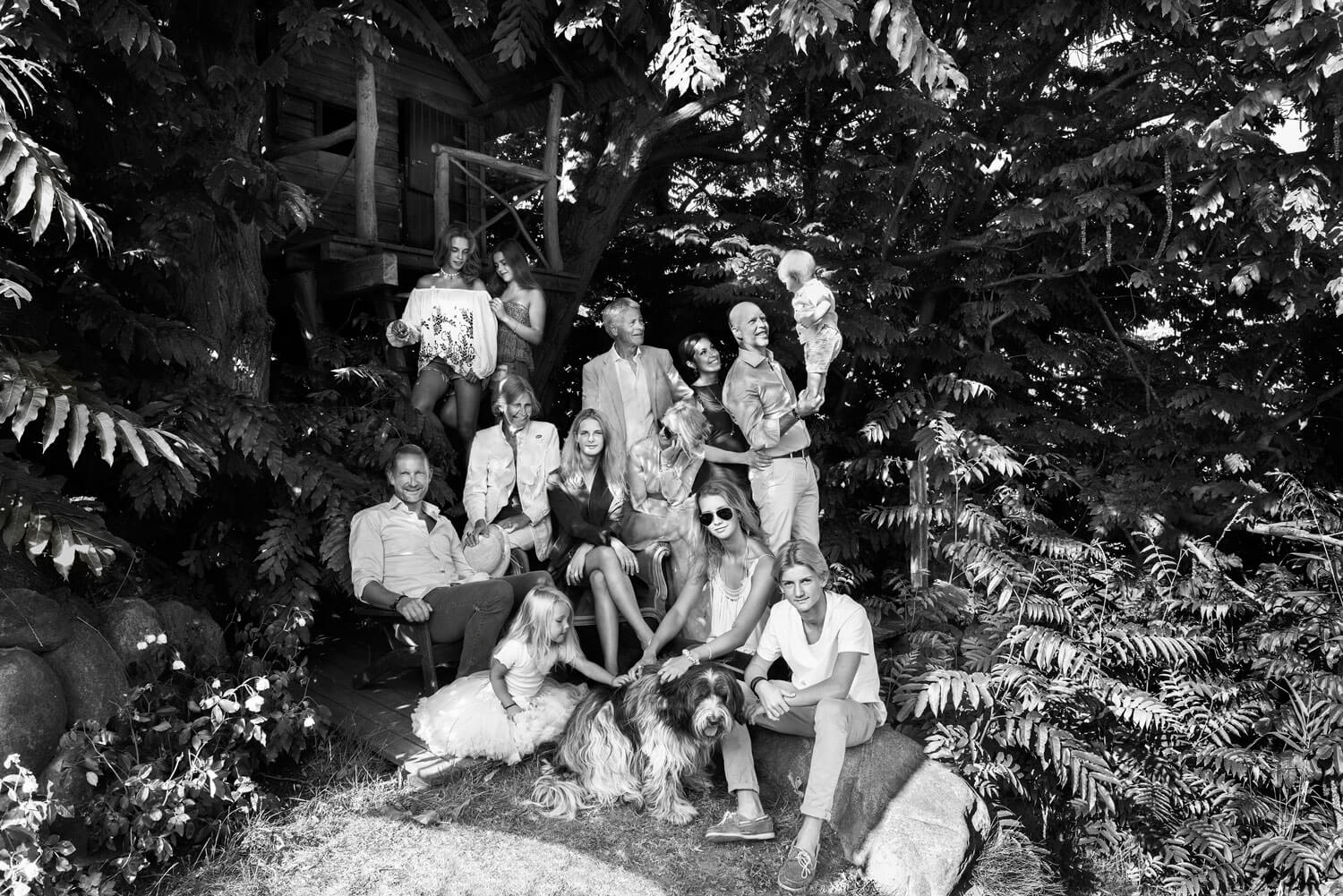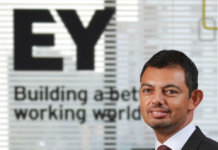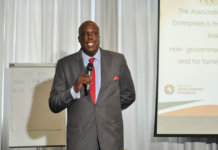Interview with Soren Lynggaard, CEO and Michel Normann, COO of Ole Lynggaard
Ole Lynggaard Copenhagen is one of the largest fine jewellery workshops in Northern Europe, employing more than 40 goldsmiths. In 2008 the firm was appointed Purveyor to the Danish Royal Court.
When founder Ole Lynggaard established the brand in 1963, their journey began like that of many entrepreneurs. Ole took on multiple roles designing, producing and selling the jewellery to a growing customer base. Though Ole never intended for his children to join the business, today he shares responsibility with the entire family.
CEO, Soren Lynggaard and his brother-in-law Michel Normann – the firm’s COO spoke to us about running a family business, the effect of internationalisation and how clarity of vision has helped them achieve so much.
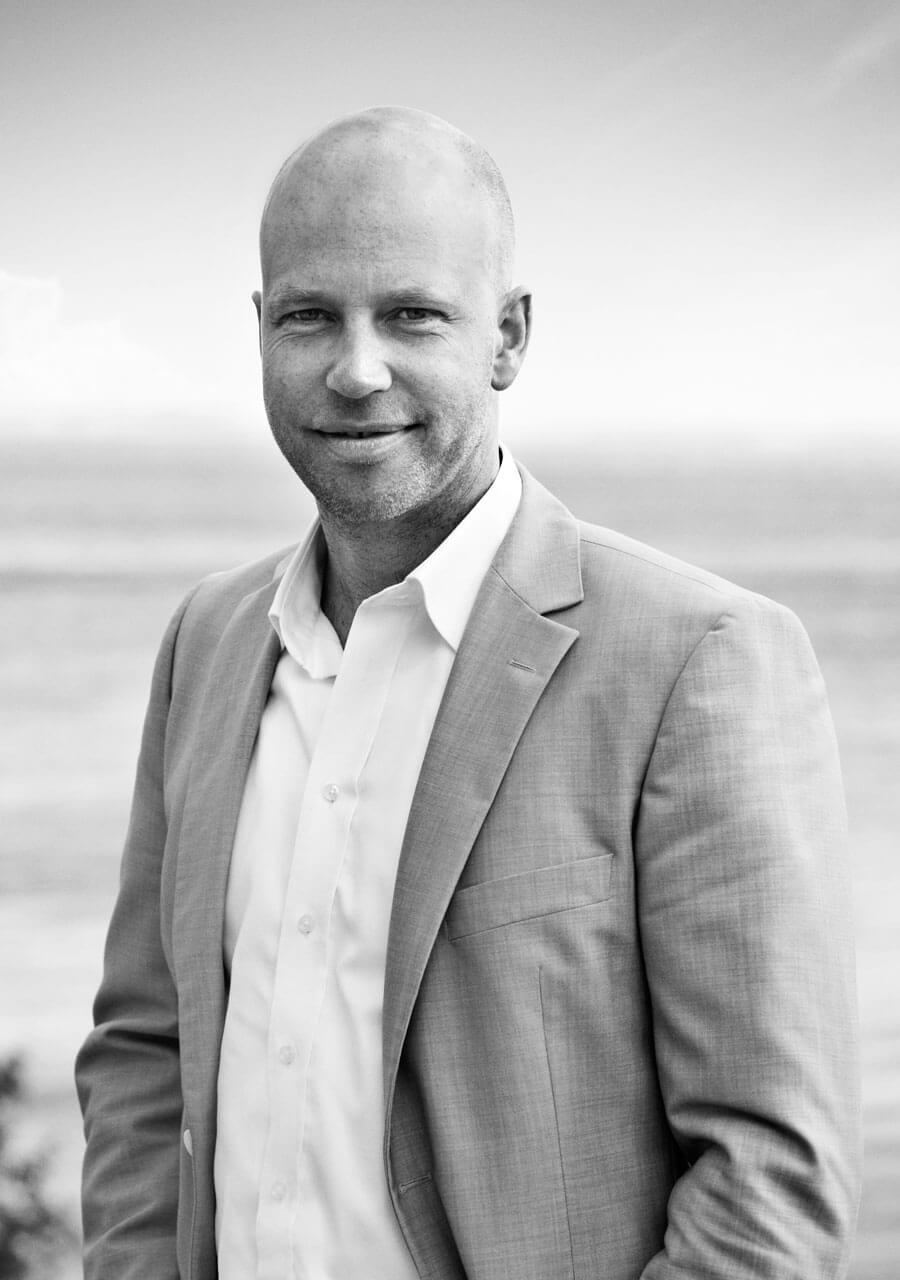
When and why did you join the family business?
Soren: We’ve always been part of the business, ever since my father started it in 1963. My sister Charlotte Lynggaard and I helped out at fairs and in the workshop even when we were still going to school. In those early years my father was the salesman, the designer, the production manager and the CEO. My sister was the model in our first catalogue and I assisted during the photoshoots.
I officially joined the business in 1994 and became CEO in 2003. My sister Charlotte had already joined in 1987 and then left for a few years. She came back in 1991 and produced her first collection in 1994 – Today she is our Creative Director as well as designer alongside my father. My father never forced us into the family business and I believe that was what eventually brought us all together.
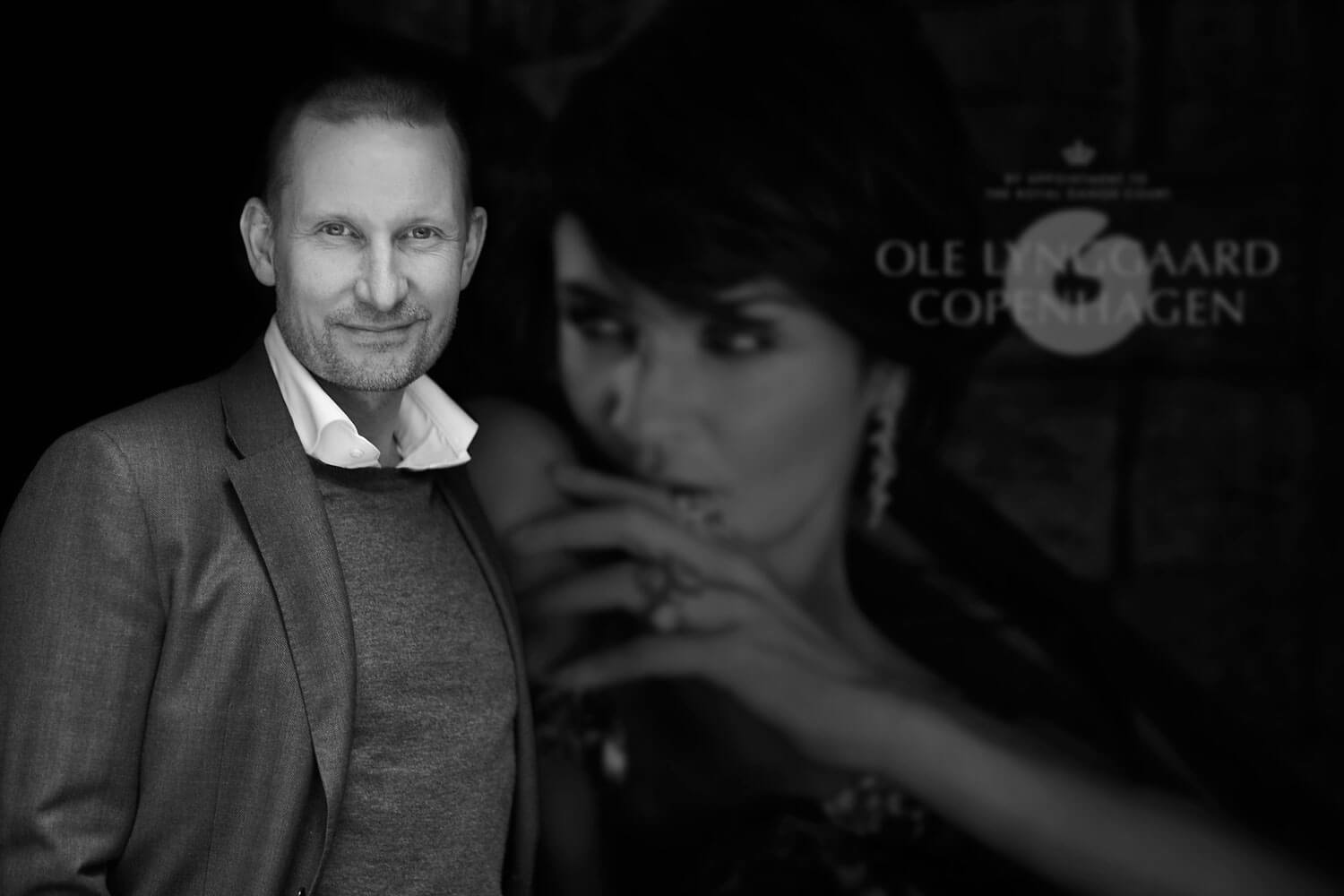
What is the original vision of Ole Lynggaard as a brand?
Michel: It was an entrepreneurial design journey from the beginning. The focus was always to make something different; jewellery that was wearable and exclusive. We wanted to create jewellery that women could wear whenever they wanted. Making women feel beautiful and special is our mission. Today, we’re Scandinavia’s largest luxury jewellery brand.
In 2007 you began to internationalise the brand. What prompted this move?
Soren: Michel joined the company and brought in a lot of international experience. We realised that the company had fantastic global potential. So we started to plan and put together a vision; out of that came expansion.
Michel: We started with Germany and then Australia – with great success.
What was your approach?
Michel: We focused on finding the right people. When you have the right people you can do anything. We always set our standards at home and make sure they apply everywhere in the world. We want to expand but we don’t try to do everything at once.
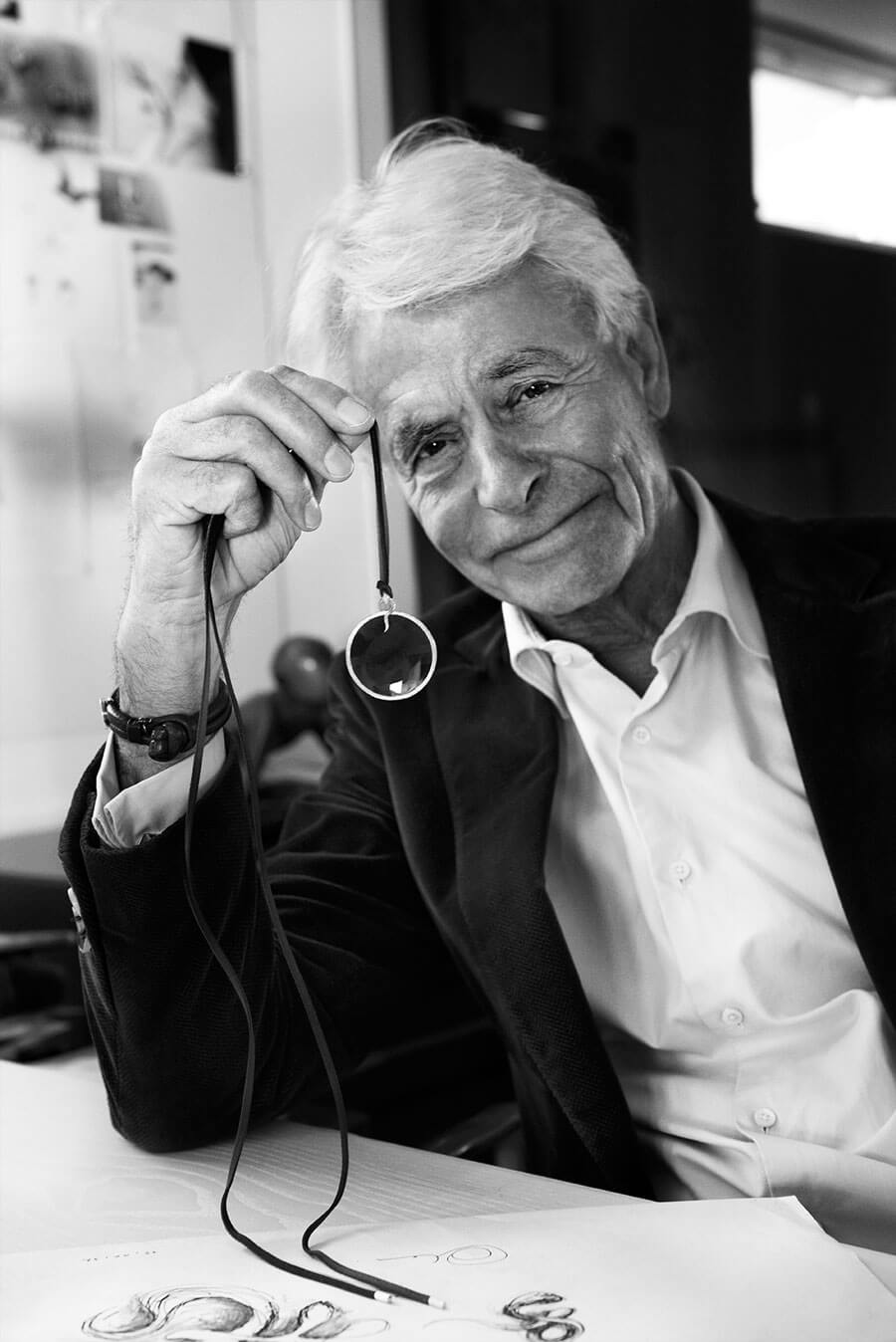
What role has the royal warrant played in your expansion?
Soren: While we were focusing on the Scandinavian market, we weren’t consciously trying for the warrant but when we moved into export we thought it would be a good idea to have a quality stamp to prove that we didn’t open yesterday. Displaying the crown and the year of our establishment helped us gain trust with new clients.
Michel: When we worked on the expansion plan we defined ‘family’ as a key value. Defining our values has been crucial for sustained success.
What are these values?
Michel: Our first value is ‘passion’ – for the work we do and for our customers.
Soren: Secondly, ‘joy of life’. It’s very important to us that family comes first, that everyone who works with us has to be at ease and that our customers have a positive lasting experience. Other values are ‘confidence’ and ‘uniqueness’; these are instrumental in the process of designing jewellery.
Michel: Finally, ‘quality’ and ‘efficiency’ are two values that have helped get us where we are today.
[ms-protect-content id=”4069, 4129″]
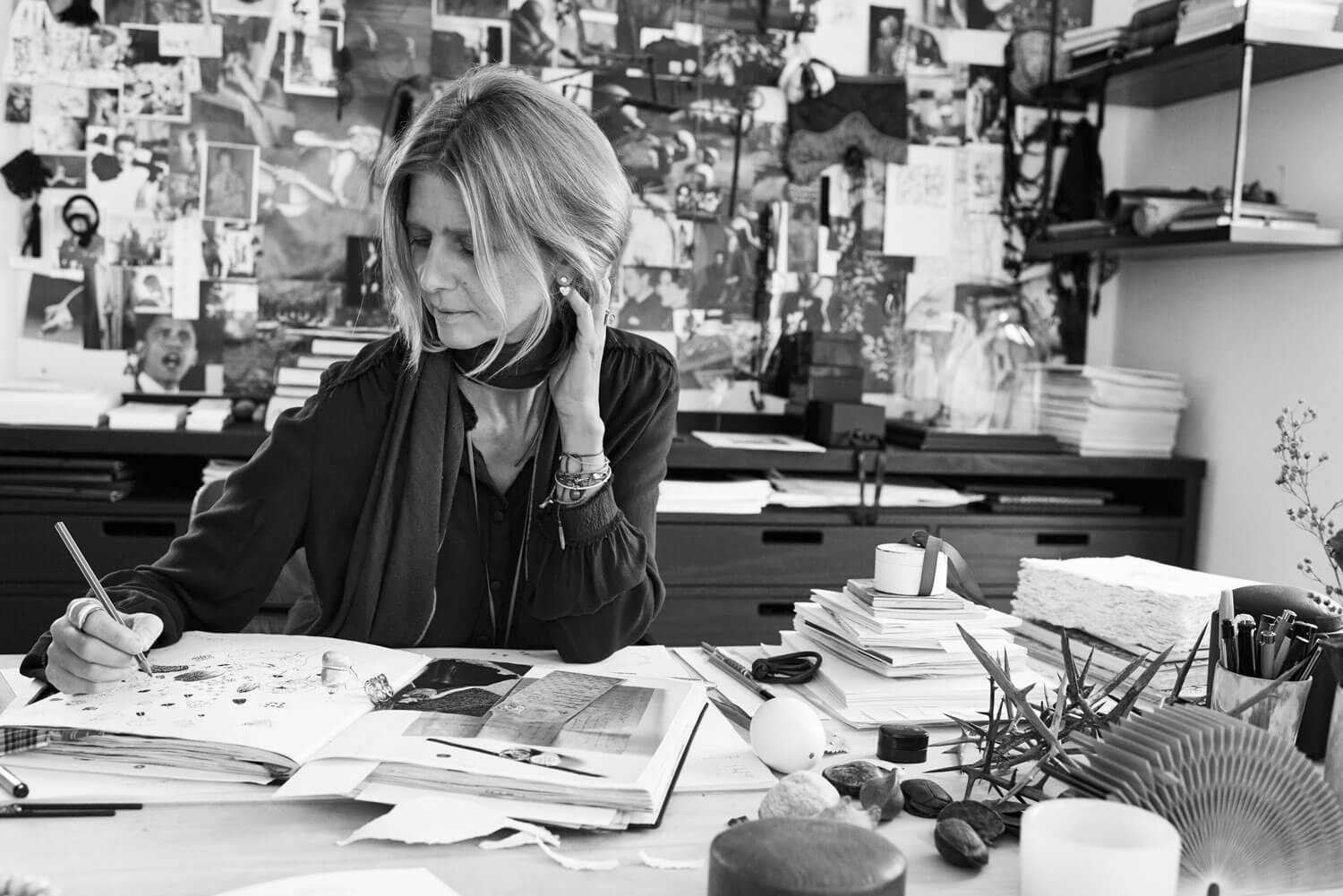
How do you stay contemporary?
Soren: My father designs jewellery with my mother in mind and my sister Charlotte designs jewellery for herself! They start with a pen and piece of paper every single time, from scratch, all original.
Michel: We are a luxury brand and that means that we have to be unique. We don’t follow trends, we set them.
Soren: The fact that we design this jewellery for everyday use makes us keep up with what the modern woman needs and wants. We keep our collections the same across all markets. People who love what we do will find us and understand the vision.
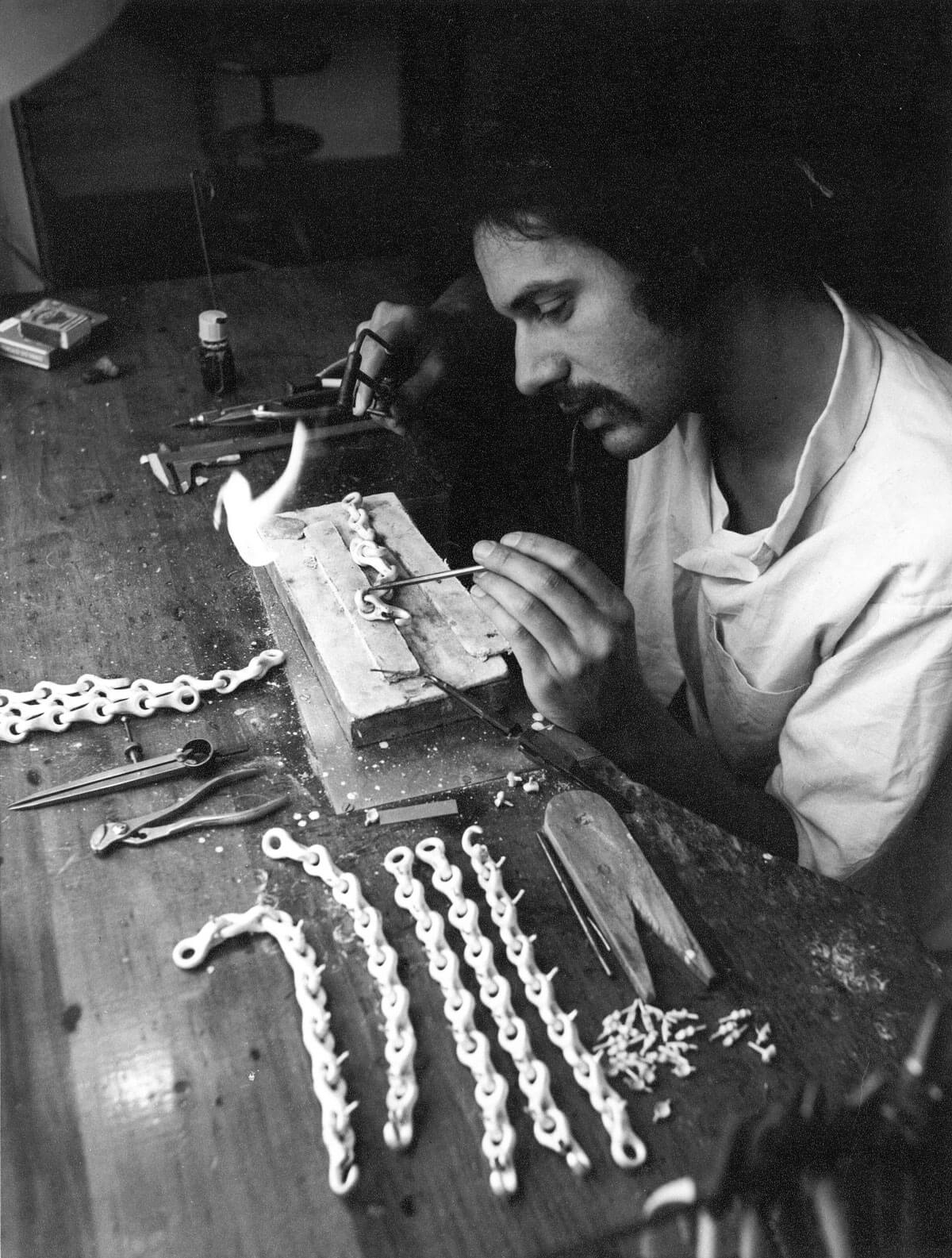
Is it hard to maintain consistently high quality with such an ambitious vision?
Soren: It’s not hard when the goal is so clear. Our goal is not to build a company and sell it in a few years. Our goal is to build a luxury brand and have fun along the way.
Michel: The focus actually makes it easier for us to aim higher. We have clarity in what we are trying to achieve and that also makes it clear who our target market is. We recognise our clients easily and we know what they want.
Is family ownership and management going to be a priority in future?
Soren: My wife Hanna also works in the business as Retail Manager. So for this generation at least it looks like things will stay in family hands. But, we don’t want to put any pressure on the next generation; there are seven children aged between one and 19. They’re all very different. Some are very creative, some are more scientific. I think it’s important they try something else before they join the company so they can bring something with them.
Michel: They need to find their talent and their passion for themselves; we can’t force it. If we still exist in 25 years as an even bigger luxury brand we’ll need to find the right talent and that might come from inside or outside the family.
Soren: Of course we’d love to see them join the company and their passion would be fantastic to see, but you never know. Meanwhile, we’ll just focus on putting the structures in place for a sustainable company that consistently produces beautiful jewellery.
Tharawat Magazine, Issue 30, 2016
[/ms-protect-content]


